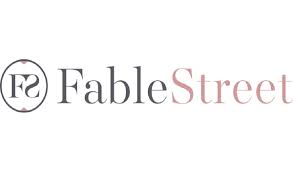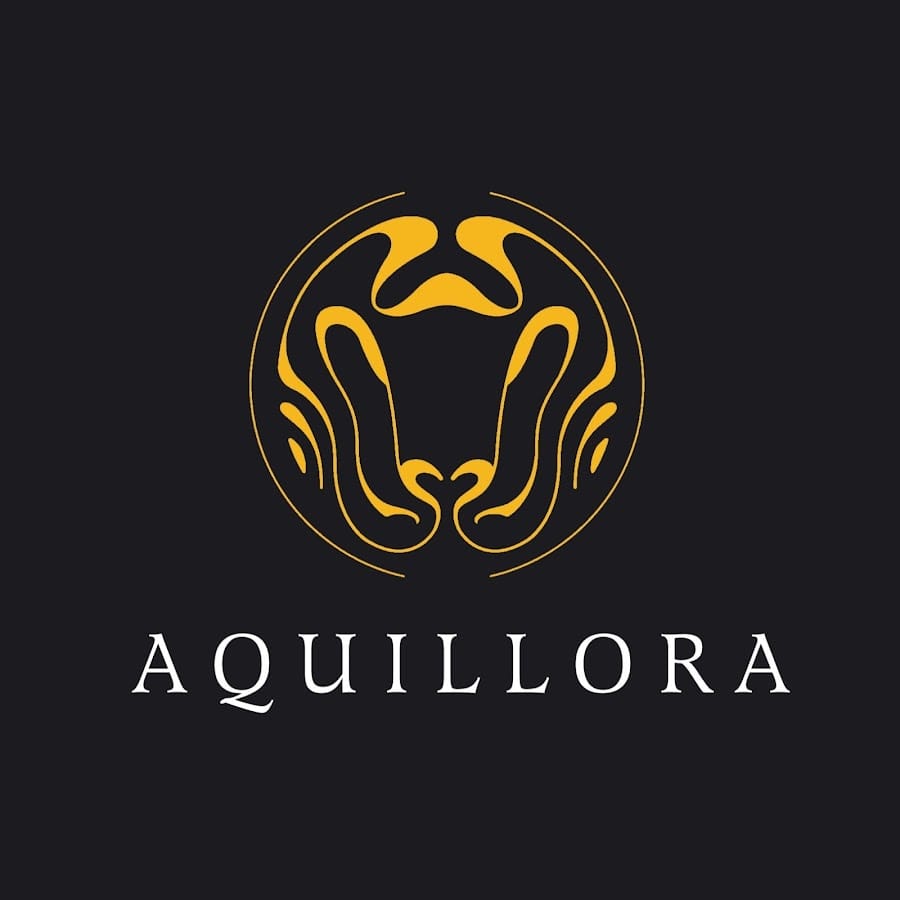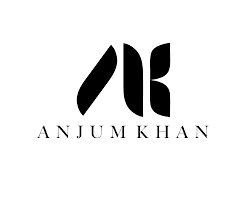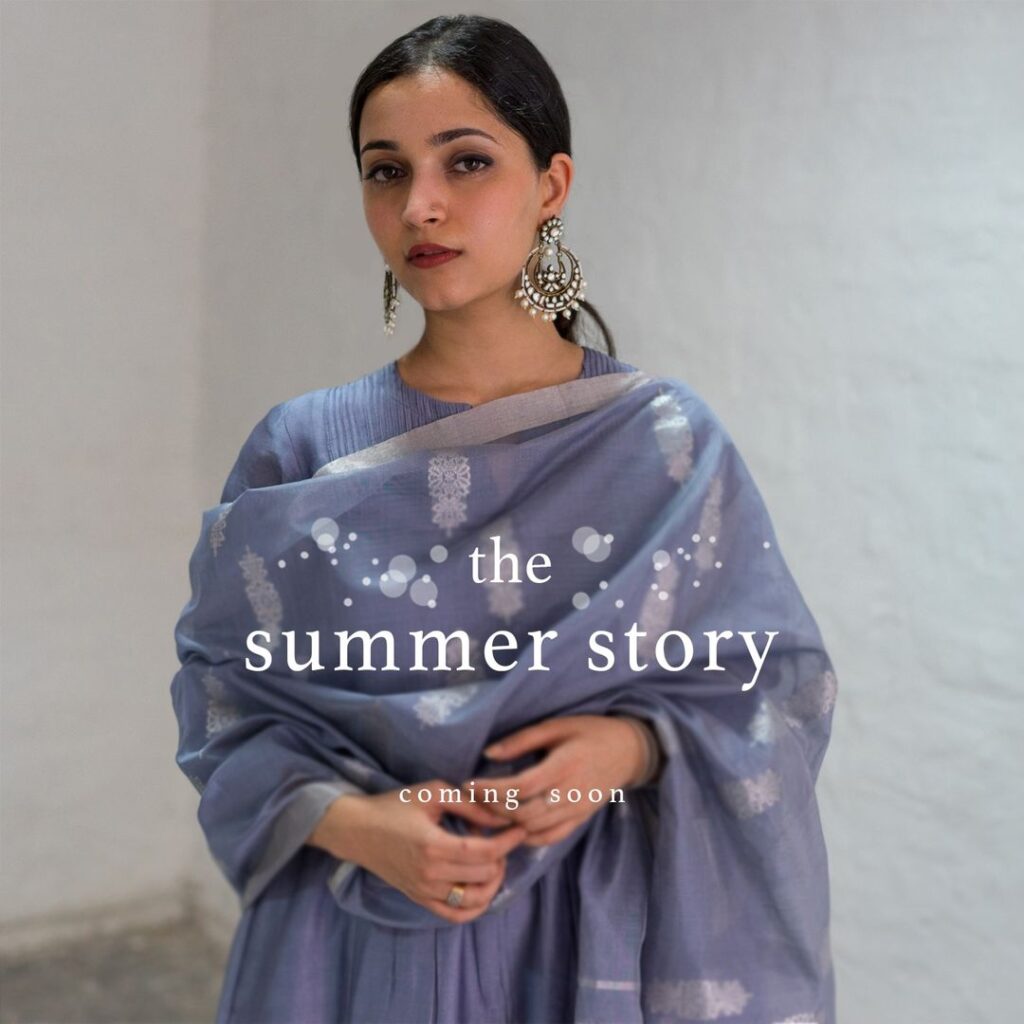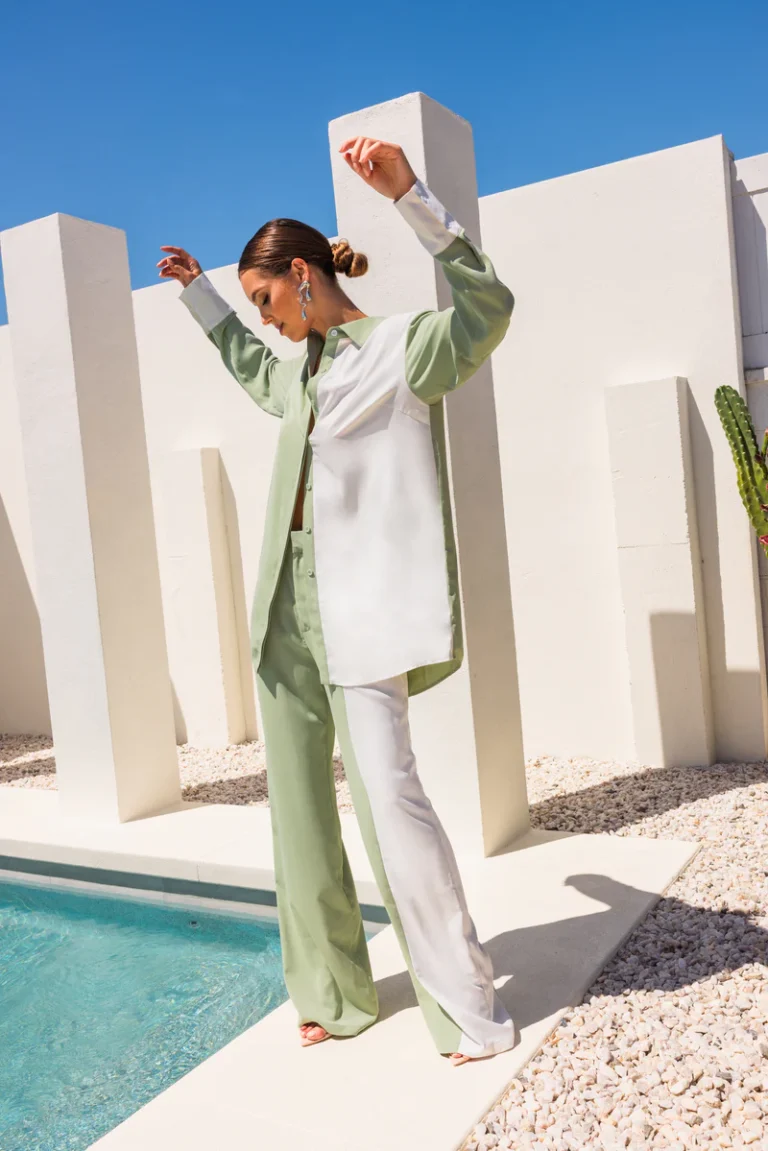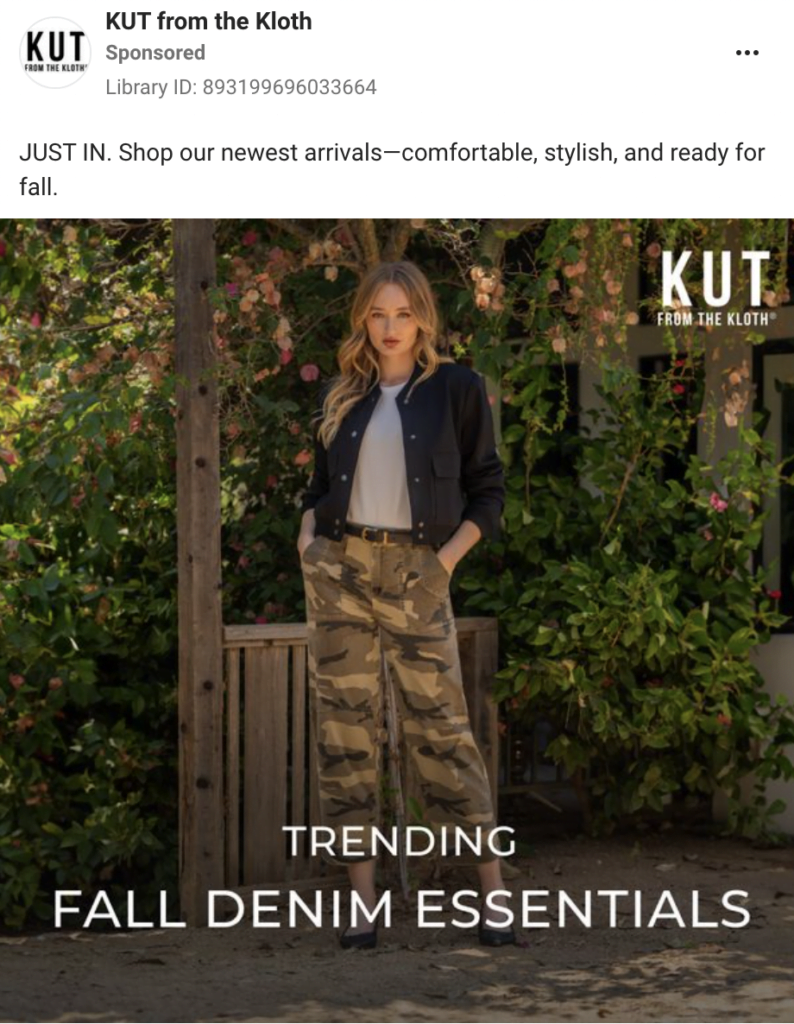The New Era of Fashion Brand Building: Digital Strategies That Actually Move the Needle
HavStrategy
Building a Memorable Skincare Brand: Unique Strategies for 2024
HavStrategy
With digital transformation accelerating in the fashion industry, brands are reimagining their strategies to keep up with new trends, technology, and shifting consumer behaviors. Building a memorable fashion brand in 2024 isn’t just about being online—it’s about creating engaging, immersive, and highly personalized experiences that resonate with consumers on every platform. Here, we’ll dive into key digital strategies that are reshaping the fashion landscape and driving brand growth.
1. Understanding the Modern Fashion Consumer's Digital Journey
How Gen Z and Millennials Discover Fashion Brands in 2024?
The younger generation, especially Gen Z and Millennials, are reshaping the way brands approach digital marketing. They often discover brands through platforms like Instagram, TikTok, and Pinterest, where visuals, storytelling, and interactivity drive engagement. Gen Z expects brand transparency and a digital journey tailored to their unique style, which means fashion brands need to focus on authenticity and connectivity. Brands like House of Sunny excel in reaching younger audiences by consistently delivering on-trend, immersive digital content that aligns with Gen Z values.
The Psychology Behind Fashion Content Consumption
Fashion content today must engage not only visually but also emotionally. Shoppers are drawn to stories that mirror their lifestyle and values, making it essential for brands to highlight what they stand for. Content that includes behind-the-scenes glimpses, eco-friendly practices, or diverse styling tips captures consumer interest and establishes deeper connections. Take Patagonia, for example, which uses sustainability-focused content to resonate with eco-conscious consumers.
Mapping Your Brand’s Digital Touchpoints
Mapping digital touchpoints helps brands stay visible across multiple channels. Start with your social media presence, website, email marketing, and e-commerce experience to create an omnichannel journey for your customers. Each touchpoint should consistently convey the brand’s identity, values, and unique selling points to reinforce recognition and loyalty.
2. Leveraging Instagram Shop for Fashion Brand Discovery
Creating Shoppable Fashion Content That Converts
Instagram Shop has become an essential channel for brands, enabling customers to browse and purchase directly from their feed. Crafting visually appealing shoppable content that aligns with seasonal trends and fashion aesthetics can significantly boost conversions. The fashion brand Revolve excels in this, utilizing Instagram Shop with frequent updates, trend-focused posts, and influencer partnerships that make their feed feel like an editorial spread.
Collaborating with Content Creators and Fashion Curators
Fashion curators and content creators drive significant brand exposure. By collaborating with influencers who have an authentic style and follower base, brands can tap into new audiences. Content creators add credibility and relatability, making their endorsements feel organic rather than promotional. Alo Yoga, for example, collaborates with fitness and lifestyle influencers, establishing itself as a go-to brand for stylish activewear.
Building a Fashion-Forward Instagram Community
A strong community encourages followers to engage and share their experiences with the brand. Hosting weekly Q&As, styling tips, and exclusive product drops builds anticipation and strengthens the brand’s community. Glossier has mastered community engagement on Instagram by spotlighting user-generated content and sharing customer stories, making followers feel like part of a larger beauty movement.
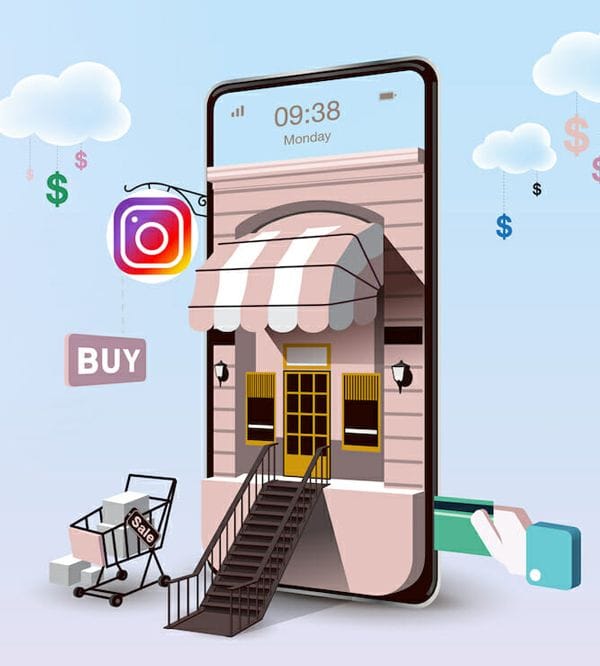
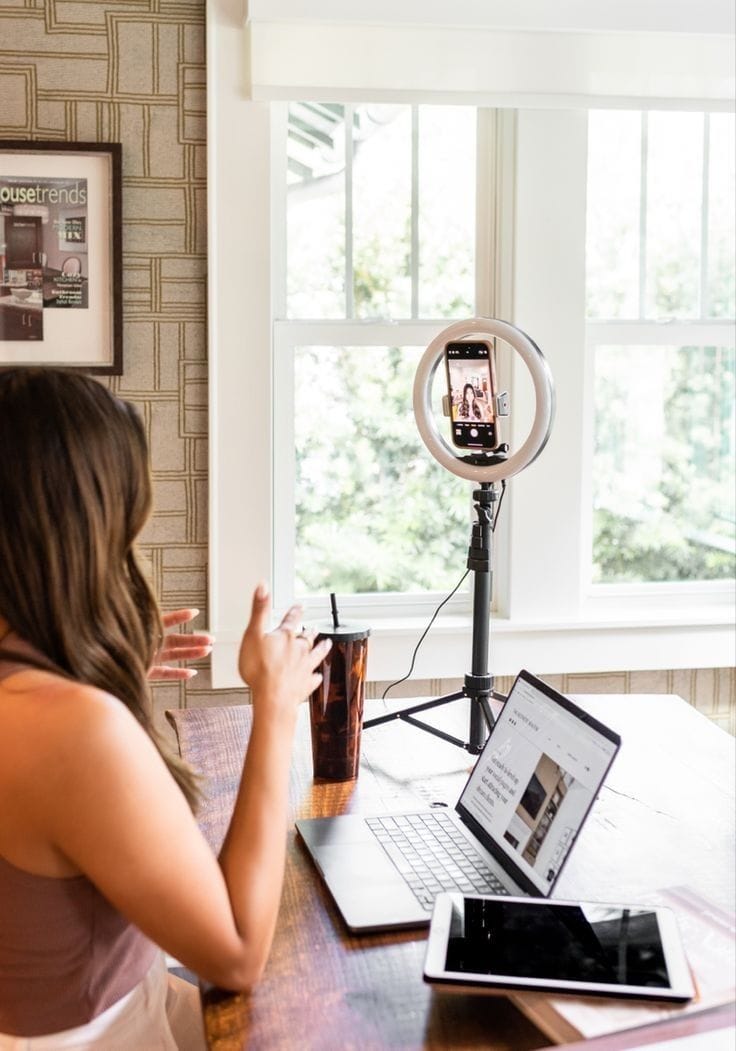
3. Fashion Micro-Communities: The New Brand Awareness Goldmine
Creating Shoppable Fashion Content That Converts
Instagram Shop has become an essential channel for brands, enabling customers to browse and purchase directly from their feed. Crafting visually appealing shoppable content that aligns with seasonal trends and fashion aesthetics can significantly boost conversions. The fashion brand Revolve excels in this, utilizing Instagram Shop with frequent updates, trend-focused posts, and influencer partnerships that make their feed feel like an editorial spread.
Collaborating with Content Creators and Fashion Curators
Fashion curators and content creators drive significant brand exposure. By collaborating with influencers who have an authentic style and follower base, brands can tap into new audiences. Content creators add credibility and relatability, making their endorsements feel organic rather than promotional. Alo Yoga, for example, collaborates with fitness and lifestyle influencers, establishing itself as a go-to brand for stylish activewear.
Building a Fashion-Forward Instagram Community
A strong community encourages followers to engage and share their experiences with the brand. Hosting weekly Q&As, styling tips, and exclusive product drops builds anticipation and strengthens the brand’s community. Glossier has mastered community engagement on Instagram by spotlighting user-generated content and sharing customer stories, making followers feel like part of a larger beauty movement.
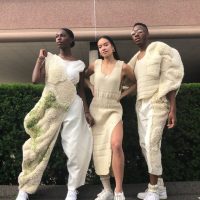
4. Virtual Fashion Shows and Digital Showrooms
Hosting Instagram Live Fashion Previews
Instagram Live previews offer an immersive way to showcase new collections in real-time, allowing brands to engage customers directly. Fashion brands can take inspiration from Tommy Hilfiger, which has successfully hosted Instagram Live fashion shows, blending digital engagement with real-time interactivity that feels personal and exclusive.
Creating 3D Virtual Try-On Experiences
3D try-ons allow shoppers to experience products more tangibly. AR-powered try-ons provide a preview of the fit, colour, and look, which can boost confidence in purchasing. Gucci has embraced this with its AR try-on feature, enabling customers to see how luxury items would look before they buy.
Organizing Digital Fashion Week Events
With digital fashion weeks, brands can leverage social media to create immersive experiences. These events can be interactive, with live polls, product links, and influencer takeovers. Prada and Burberry have pioneered digital fashion weeks, creating a high-end virtual experience accessible to a global audience.
5. Sustainability Storytelling Through Digital Channels
Blockchain Transparency in Fashion Production
Consumers are demanding transparency, and blockchain technology allows brands to verify each stage of production. This storytelling approach works well for brands aiming to showcase ethical practices, like Stella McCartney, which integrates blockchain to track sustainable materials.
Digital Green Fashion Certificates
Offering green certificates digitally can reinforce the brand’s commitment to sustainability, increasing customer trust and loyalty. Fashion brands can integrate eco-certificates on their e-commerce pages to appeal to eco-conscious consumers.
Environmental Impact Trackers for Products
Adding an environmental impact tracker to product pages allows customers to see the footprint of their purchase. Allbirds exemplifies this by including carbon footprint information for each product, helping consumers make informed choices aligned with their values.
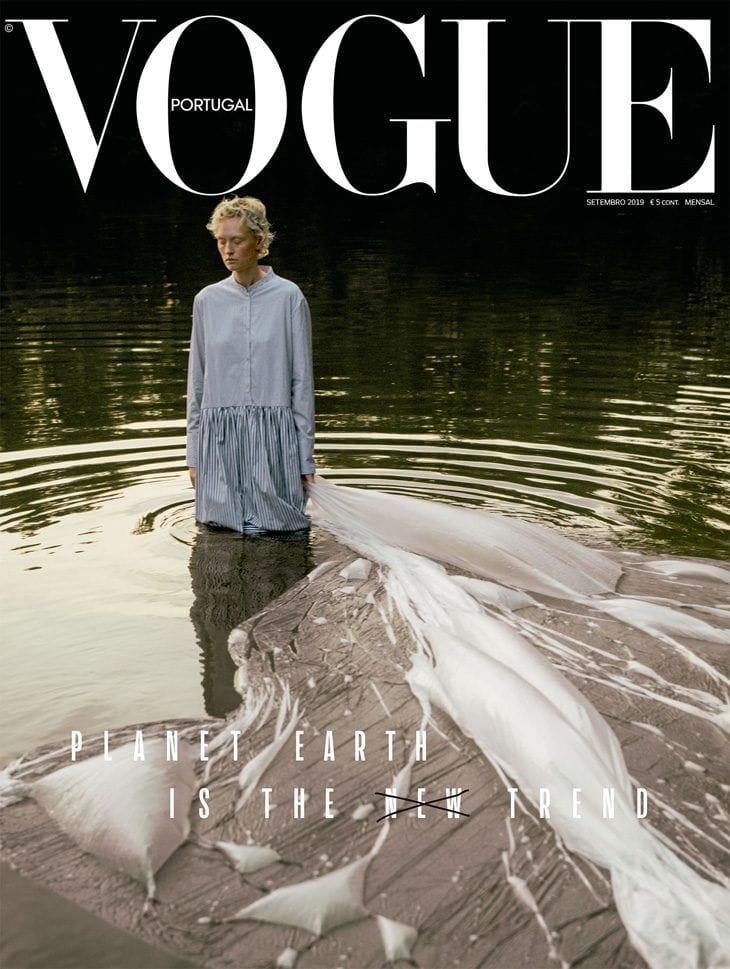

6. User-Generated Content (UGC) Reimagined
Virtual Fitting Room Reviews
Customers can post their fitting room experiences with AR or virtual try-ons, providing more authenticity to the shopping experience. These user-generated reviews enhance social proof, similar to Nike’s digital community where shoppers share their experiences with virtual try-on features.
Style Challenge Campaigns
Style challenges invite customers to show off how they style specific items, boosting engagement. Brands like ASOS have popularized these challenges, encouraging customers to share looks with hashtags that increase visibility and build community.
AI-Powered Outfit Creation Tools
AI outfit creation tools analyze customer preferences and recommend looks, making shopping more personalized. Brands can integrate these tools within their apps or websites to deliver a curated shopping experience.
7. Fashion-Tech Integration for Brand Visibility
AR Fashion Filters for Social Media
AR filters are an engaging way to let customers “try on” products virtually. Balmain has successfully used AR filters, allowing users to try on the latest sunglasses, making the shopping experience interactive and fun.
Digital Fashion NFTs and Collectibles
NFTs in fashion allow customers to collect limited-edition digital items, fostering exclusivity. Brands like Dolce & Gabbana have used NFTs to engage luxury fashion consumers, adding a unique digital asset to their shopping experience.
Smart Mirror Technology Integration
Smart mirrors offer in-store customers a virtual fitting experience. These mirrors can suggest outfit combinations and even direct users to an e-commerce site, blending physical and digital realms for an immersive shopping experience.

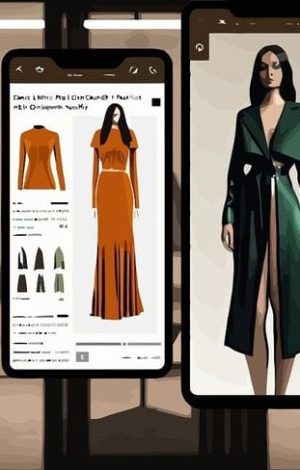
8. Data-Driven Fashion Marketing Strategies
Predictive Analytics for Trend Forecasting
Using predictive analytics, brands can forecast fashion trends and stock accordingly, preventing waste and catering to customer demands. Data-driven insights can guide marketing campaigns, helping brands like Zara stay ahead by closely aligning inventory with current trends.
AI-Powered Personalization
Personalization engines powered by AI provide targeted recommendations, personalized emails, and exclusive offers. This helps brands like Nordstrom deliver a seamless, tailored shopping experience that enhances engagement and increases sales.
Fashion Consumer Behaviour Analysis
Data analysis tools offer insights into how customers shop, what influences them, and which products they return to. Understanding these trends can inform campaigns, messaging, and product assortments, helping brands optimize every touchpoint.
9. Collaborative Digital Fashion Initiatives
Virtual Fashion Designer Collaborations
Brands can collaborate with digital designers to create exclusive online collections, reaching broader audiences and building excitement. Louis Vuitton partnered with League of Legends to launch a virtual collection, exemplifying the trend.
Cross-Platform Fashion Campaigns
Running campaigns across Instagram, TikTok, and Pinterest ensures broader brand visibility. Brands like PrettyLittleThing excel by creating cohesive campaigns that maintain a consistent aesthetic across multiple platforms.
Digital Fashion Influencer Partnerships
Partnering with influencers who share the brand’s aesthetic and values helps build credibility and reach. By working with influencers, brands gain access to dedicated audiences who trust these recommendations.
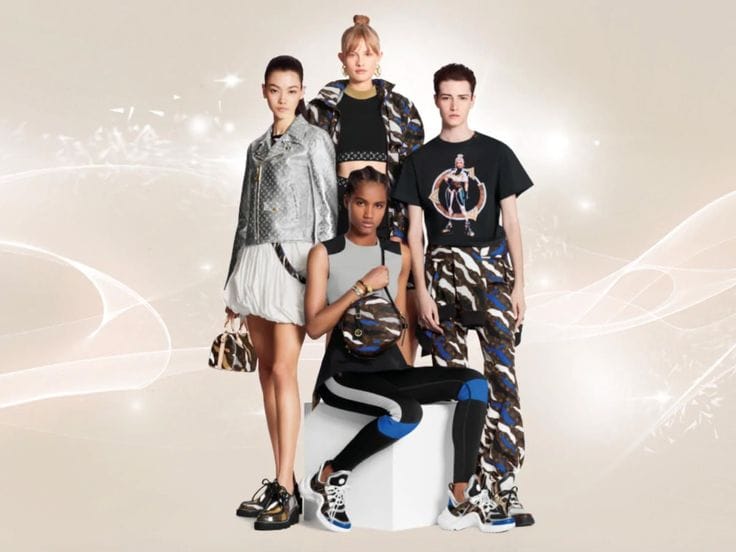
10. Measuring Fashion Brand Awareness Success
Social Listening for Fashion Brands
Social listening tools monitor brand mentions, trends, and sentiment across platforms, helping brands respond to trends in real time. This approach has benefited brands like Forever 21, who adjust marketing strategies based on social insights.
Brand Sentiment Analysis
Analyzing how customers feel about the brand can inform strategy and content. This tool can help fashion brands align their digital presence with consumer expectations.
Digital Fashion Marketing ROI Metrics
To measure the effectiveness of digital campaigns, brands track ROI through metrics like engagement rates, conversion rates, and customer lifetime value.
Past Results For Our Fashion & Apparel Brands
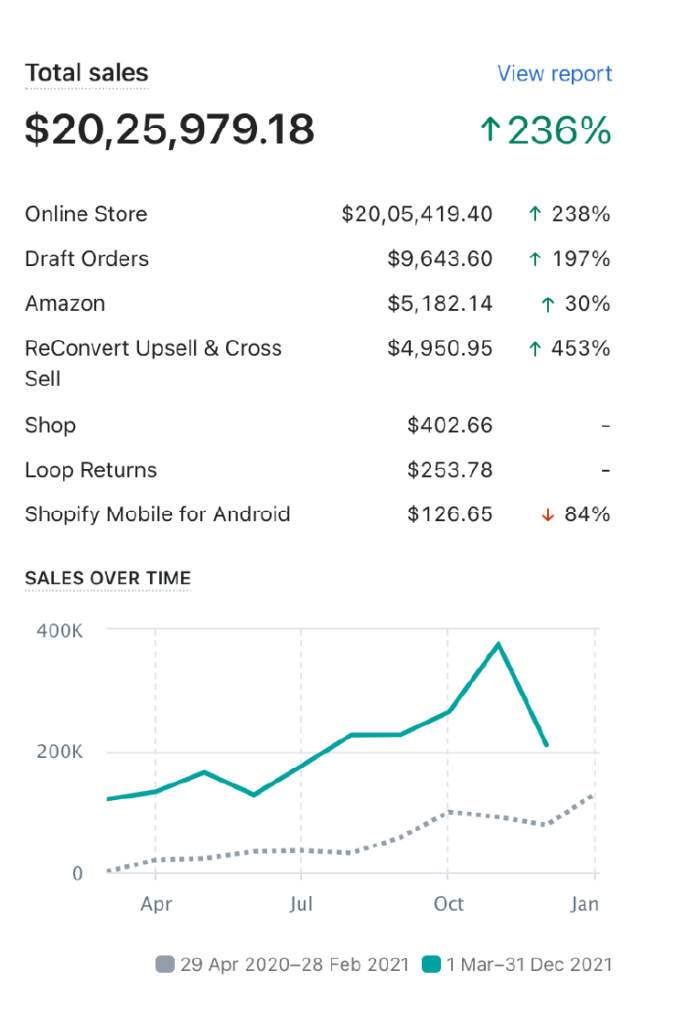
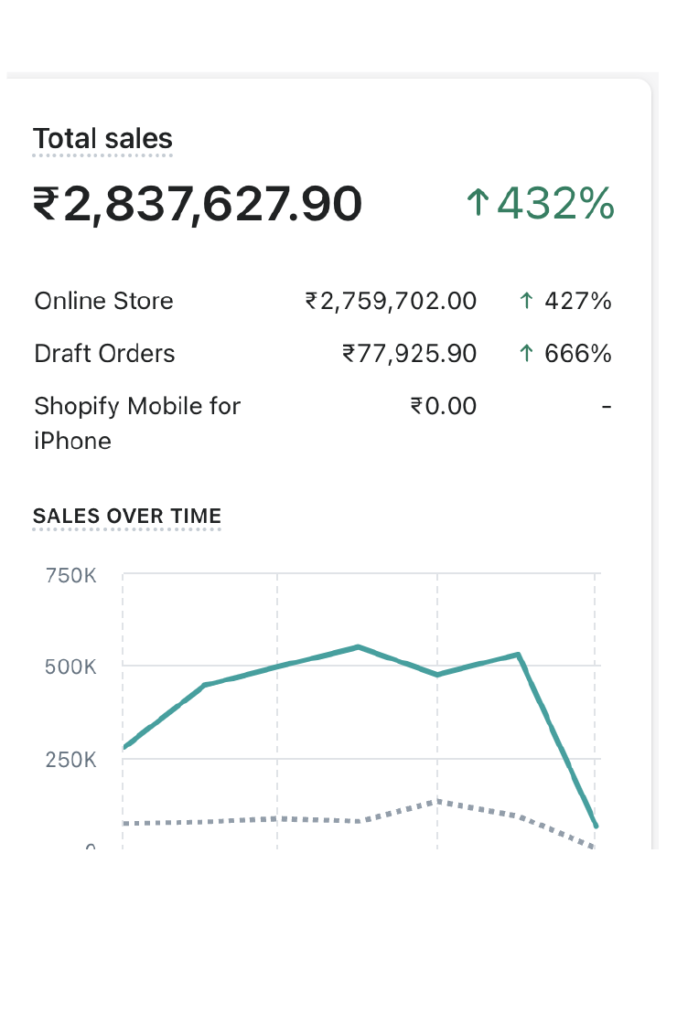
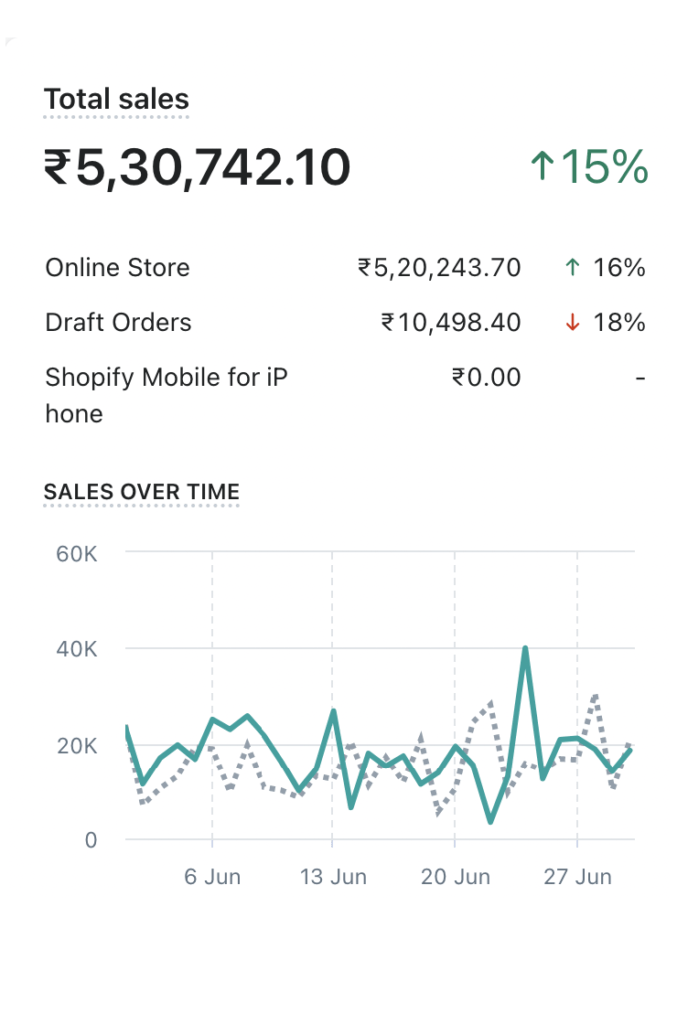
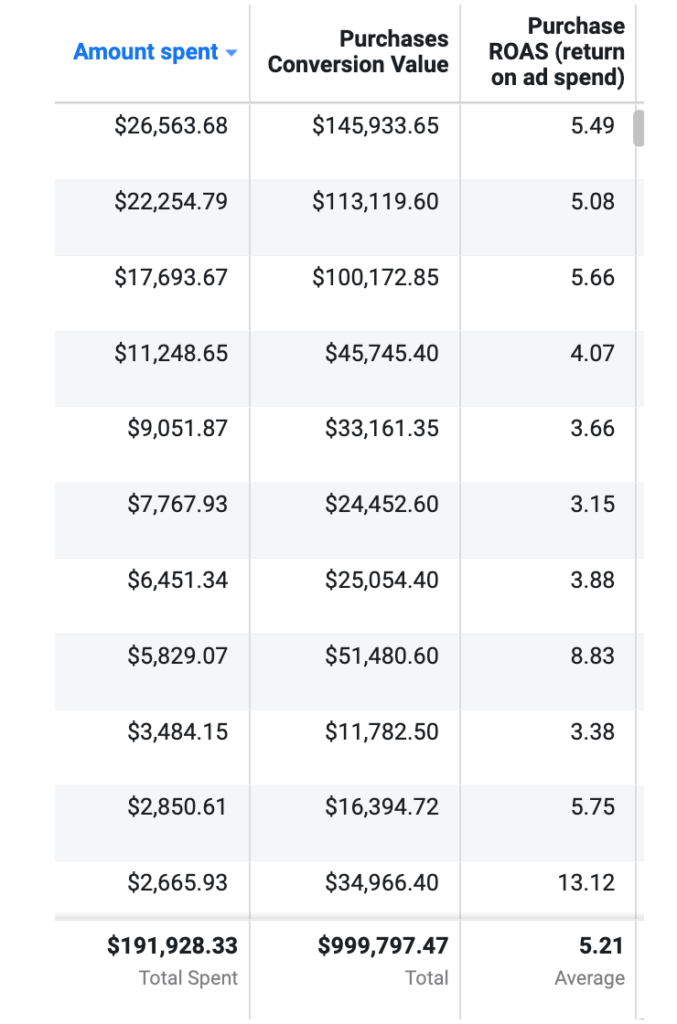
Let's increase your revenue together!
Get Results For Fashion Brand In First 3 Months
As Seen On





Want Us To Be The Growth Partner To Your Business?
Fashion Marketing Case Study
Let's Connect
Let's Connect
International Market
Fashion Marketing Agency in UK
Fashion Marketing Agency in UAE
Lifestyle Marketing Agency in UAE
Skincare Marketing Agency in UK
Cosmetic Marketing Agency in UK
Beauty Marketing Agency in UAE
Luxury Marketing Agency in UAE
Home Decor Marketing Agency in UK
Home Decor Marketing Agency in UAE
Services
Social Media Marketing Agency in UK
Social Media Marketing Agency in UAE
Performance Marketing Agency In UK
Performance Marketing Agency In UAE
Digital Marketing Agency In UK
Digital Marketing Agency In UAE
Home Decor Marketing Agency In Australia
Beauty Marketing Agency In Australia
Skincare Marketing Agency In Melbourne
Fashion Marketing Agency In Australia
Copyright © 2023 HavStrategy







